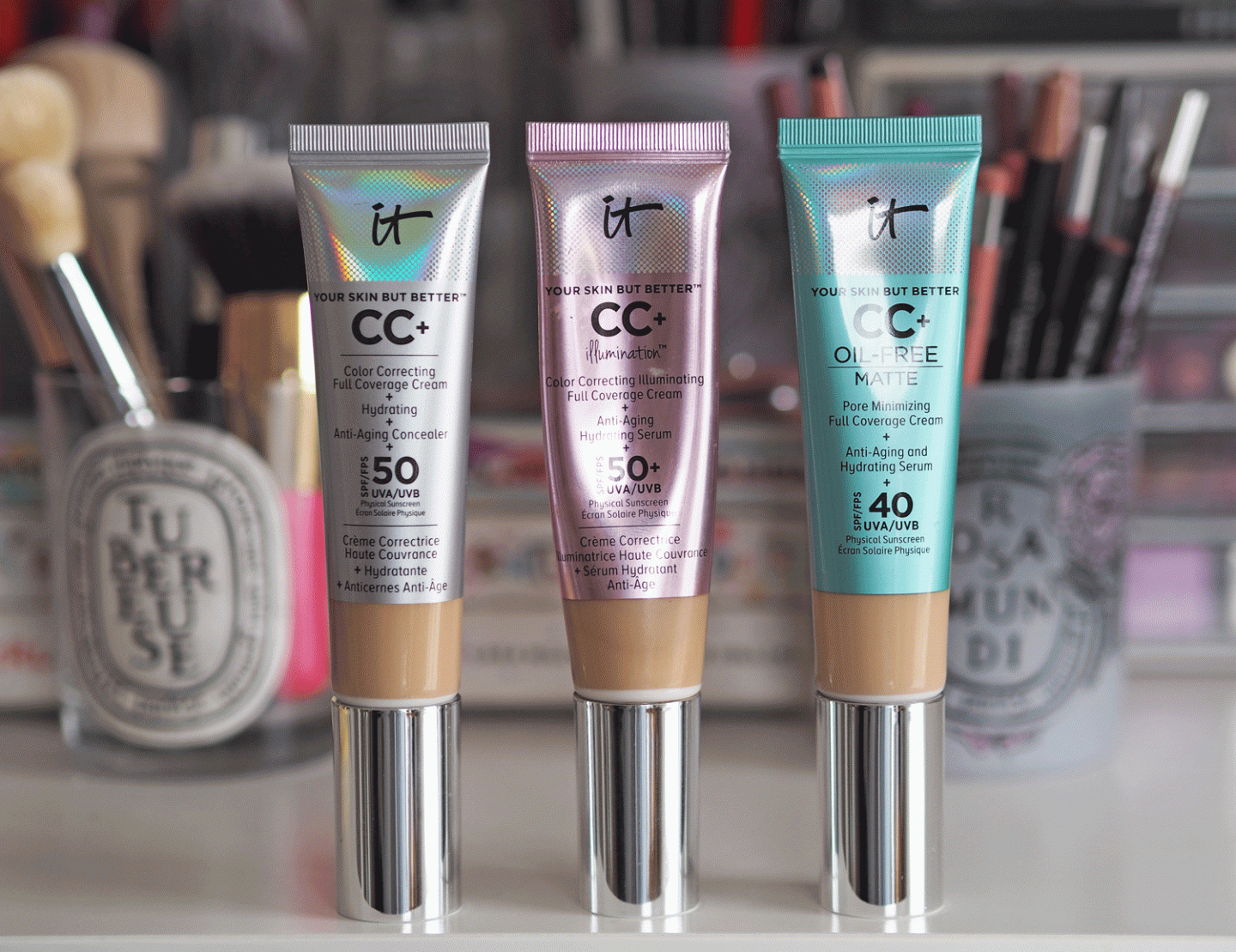I've started Alice Adams' Superior Women, and I'm cringing a lot.
There are two characters, two women, who are vastly different. Megan, the California girl, is from a middle-class background and wears denim. Following a brief fling with a visiting Ivy League boy, she decides to pursue him by applying to Radcliffe.
Lavinia, her dorm-mate, by contrast, is a blonde, ethereal Southern belle, wafting about classily in cashmere sweaters. She constantly throws belittling comments Megan's way about her round proportions. Lavinia's home boasts servants, and there is a summer place too.
But despite their differences, Megan and Lavinia are disturbingly similar in their approach to men. Both nervously tiptoe around the men they adore, frightened they might "scare them off," calculating each interaction in an attempt to bring them closer. Then both boys leave them to marry the women their backgrounds dictate they marry—both girls were, quite simply, a little bit of fun before they had to settle down.
The book opens in 1942, and so I had hoped that this was merely an outdated depiction of women, when they had little identity, merely waiting for a man to marry them and fulfill their destiny.
But then I realized: I had been no different when I was dating. I had been so anxious that I would say the wrong thing, of "scaring him off," and if he had said no to another date, I blamed myself, my mouth, my words, when in reality he merely saw sooner than I did that we did not suit.
I had erroneously believed that it was all up to me, all up to my careful phrasing. Which was pathetic.
With Han, I had initially done the same—how silly! Relationships—at least, the sort of relationship I wanted—cannot be carefully manipulated into existence, and if they are, they do not have much of a leg to stand on. Thankfully, as our dating progressed, I stopped worriedly filtering everything I said, and let 'em rip. We got along better, then, I think.
It is no different with friendships, when we contort ourselves to appease another, hoping that for all our self-obliteration she will accept us into her circle.
I was talking with my friend about the series Grace and Frankie, about the male character who is madly in love with a extremely annoying woman. There is someone for anyone, no matter what we are. We don't have to suppress who we are simply to marry or find friends. Believe me, I've tried—and it never worked for me, anyway.
